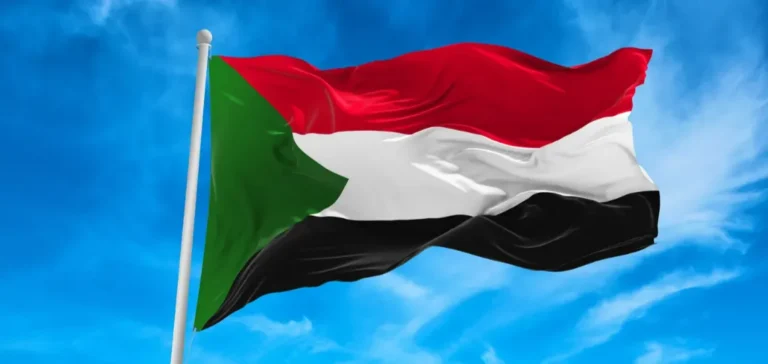The Sudanese government has initiated discussions with Belarus for a partnership in the electricity and gas sectors, as the civil war that began in 2023 continues to disrupt essential services. This initiative comes amid growing energy shortages, with access to electricity and potable water severely limited across several regions of the country.
An acute crisis context
Since the collapse of the Arbaat dam in 2024, Port Sudan has faced an escalating water shortage, worsening living conditions for local populations. The price of a 220-litre water barrel has doubled to 25,000 Sudanese pounds ($42), up from 12,000 previously. This price surge highlights the critical state of infrastructure and the difficulty of maintaining public services in conflict-affected zones.
Backed by institutions such as the World Bank and the African Development Bank (AfDB), the Sudanese administration is intensifying calls for technical cooperation to restore its vital systems. Energy remains a priority in the recovery programmes recently launched with the support of bilateral and multilateral partners.
Goals and stakes in the rapprochement with Minsk
Belarus, under Western sanctions for several years, is seeking to reposition its export industry towards emerging markets. This partnership with Sudan could offer Minsk a new commercial outlet, while enabling Khartoum to access engineering services and energy equipment at lower costs.
Although the precise details of the project have not been made public, discussions focus on the supply of equipment for the rehabilitation of the electrical network. The talks also include a technical assistance component aimed at strengthening local capacities in infrastructure management and maintenance.
Persistent logistical and security challenges
The success of such cooperation depends on securing roads and facilities in a country where clashes between rival factions threaten the stability of logistical flows. Potential partners must assess the level of operational risk before committing on the ground.
A technical representative of the Sudanese administration stated that “the stability of transport corridors and the securing of intervention sites will be decisive for equipment deployment”. The country aims to implement inter-agency coordination mechanisms to limit project interruptions.






















